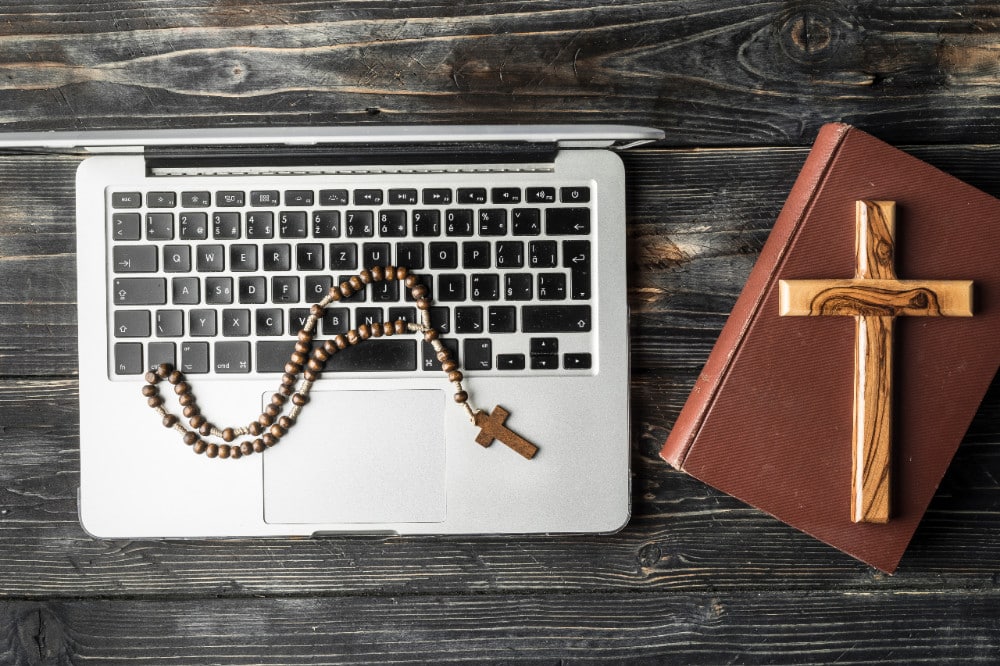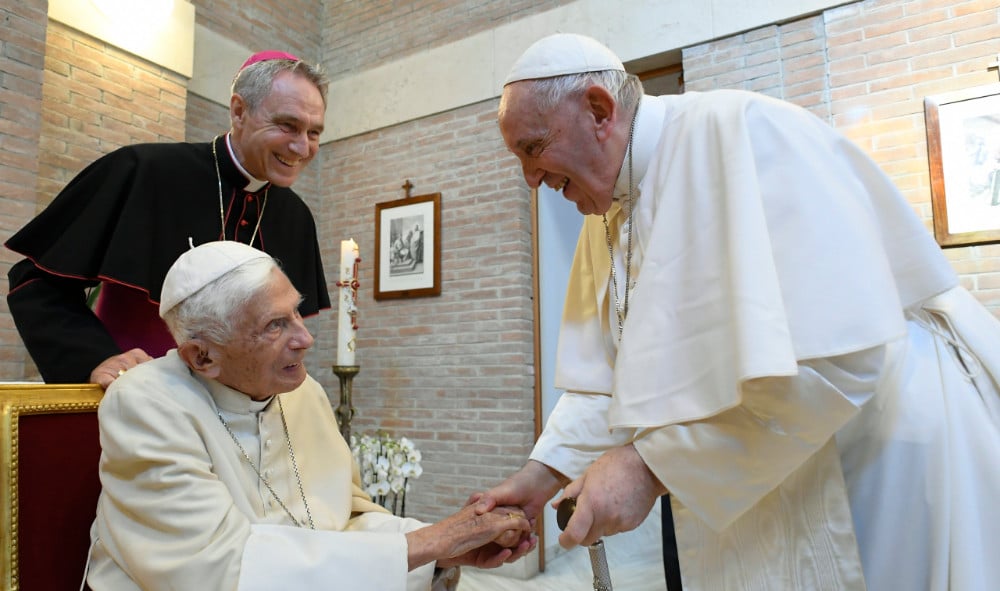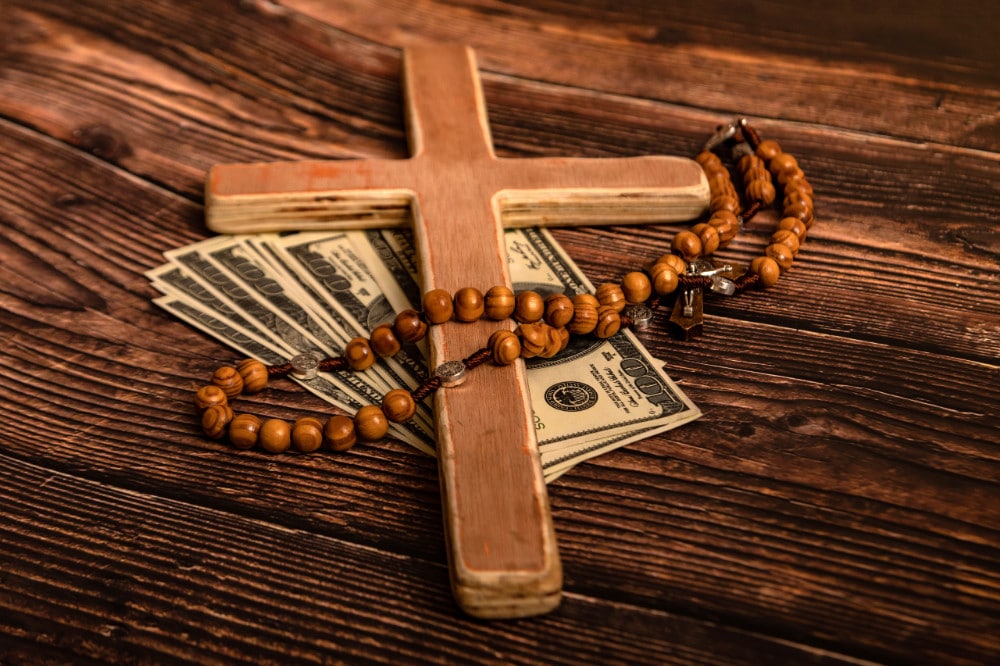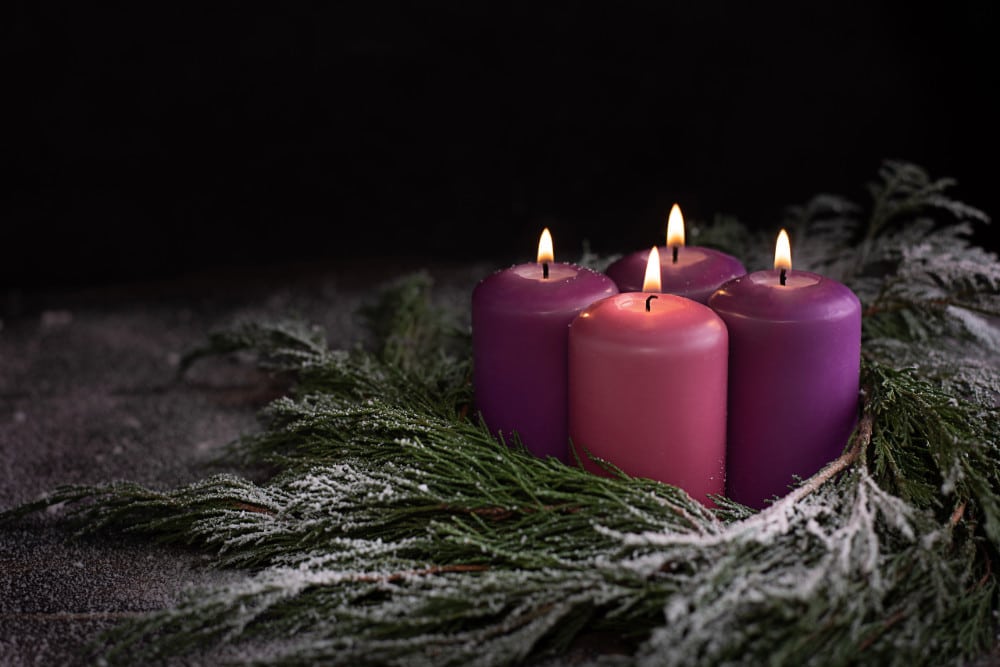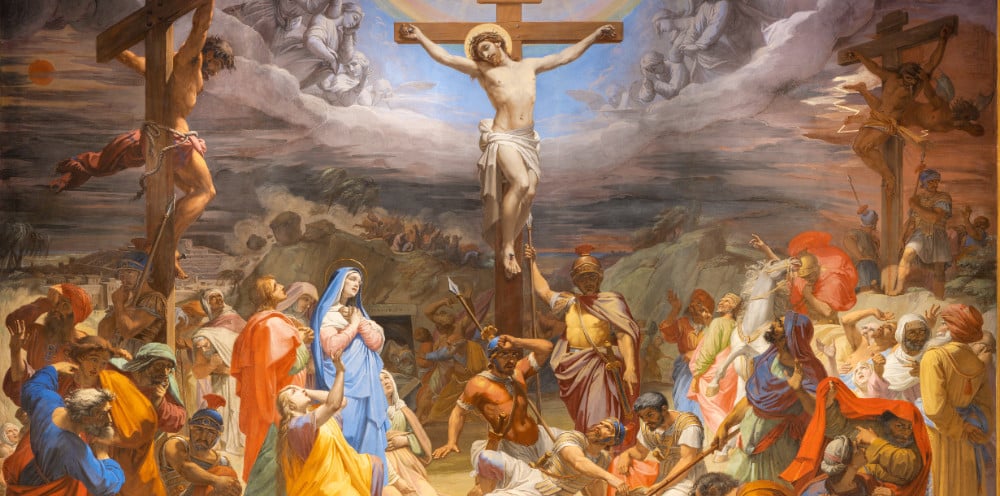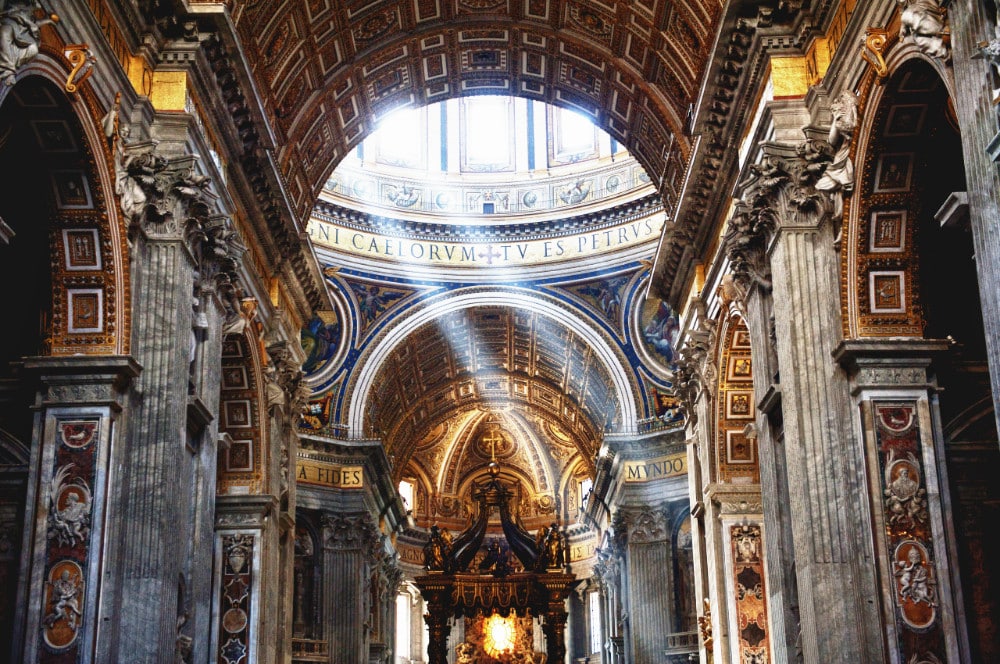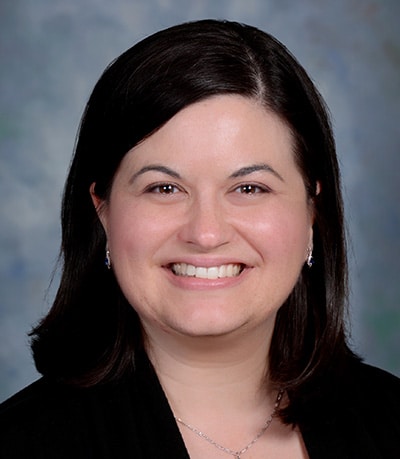 Recently, I came across some data indicating that when it comes to learning about the Faith, we look first and foremost to the people with whom we are close to get answers. People like our families and our friends — people that we trust.
Recently, I came across some data indicating that when it comes to learning about the Faith, we look first and foremost to the people with whom we are close to get answers. People like our families and our friends — people that we trust.
Trust is a powerful thing. At the root of it, trust means having confidence in something that is true. Trust, or a lack thereof, can make or break a friendship, a marriage, a job. It can direct financial spending. It can influence one’s politics. And it plays a big role in the media we consume. Why would we waste our precious free time consuming news or information that we didn’t know we could trust?
Of course, looking at today’s media landscape, there is a fundamental problem. Who do we trust? The biases, agendas, blind eyes or all-too-focused lenses of reporters and editors are real — as is the cash financing their outlets. “Fake news” and disinformation is rampant especially, but not only, in digital media. It’s so hard to know what to believe. It’s hard to know who to believe. Pope Francis, in his 2018 message for World Communications Day, wrote extensively on disinformation, saying its effectiveness is “primarily due to its ability to mimic real news, to seem plausible.”
This is true, too, in the Church world, where media that identifies itself as “catholic” is not always what it says. Just look at Arizona, where the state’s four bishops recently had to issue a statement denouncing “different organizations and publications calling themselves ‘catholic,’ but that do not represent the Catholic Church.” These organizations, the bishops continued, “cover various ends of the political spectrum and often engage in partisan political endeavors.”
This isn’t the first offense of this kind. Similar newspapers and websites appeared in various key states around the country ahead of the midterms in an attempt to influence voters. And they are far too successful. The Arizona bishops point out helpfully that “Canon 216 of the Roman Catholic Code of Canon Law stresses that no initiative can lay claim to the title ‘catholic’ without the consent of the competent ecclesiastical authority” and that “those who do so without permission are in violation of Church teaching and law.” But, as a reader, it’s not always easy to know what’s what in the moment — a fact that the producers of the fake Catholic news take advantage of.
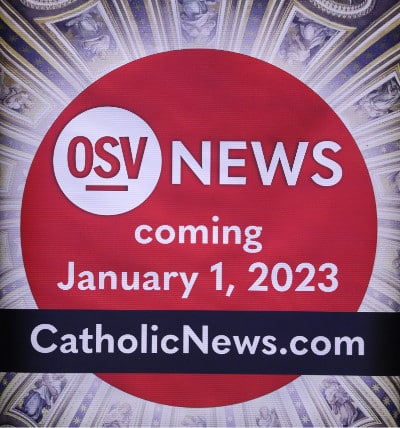 Blessedly, that’s not the only “Catholic” news out there. For 110 years, Our Sunday Visitor has faithfully represented and communicated Church teaching to millions of readers. That legacy now continues in an amplified way with the arrival of OSV News on Jan. 1, 2023. OSV News, which will begin as the valued domestic offices of Catholic News Service close on Dec. 31, is a national and international wire service reporting on Catholic issues and issues that affect Catholics. The 12 writers and editors behind OSV News will strive to report the news accurately and completely, within the bounds of justice and charity, as encouraged by the fathers of the Second Vatican Council.
Blessedly, that’s not the only “Catholic” news out there. For 110 years, Our Sunday Visitor has faithfully represented and communicated Church teaching to millions of readers. That legacy now continues in an amplified way with the arrival of OSV News on Jan. 1, 2023. OSV News, which will begin as the valued domestic offices of Catholic News Service close on Dec. 31, is a national and international wire service reporting on Catholic issues and issues that affect Catholics. The 12 writers and editors behind OSV News will strive to report the news accurately and completely, within the bounds of justice and charity, as encouraged by the fathers of the Second Vatican Council.
The mission of OSV News is to champion the Church in its own mission of evangelization by providing subscribers with excellent, accurate and faithful content that forms, informs and inspires. Our vision is to form disciples and help create saints by serving as the preeminent provider of Catholic content in the world. Sound lofty? Good. It should. Because this is important work. Work that is at the service of the Church and at the service of truth — and at the service of readers who don’t know what to believe.
Trust is a powerful thing. OSV News can’t wait to earn yours.
Gretchen R. Crowe is editor-in-chief of OSV News. Follow her on Twitter @GretchenOSV.

